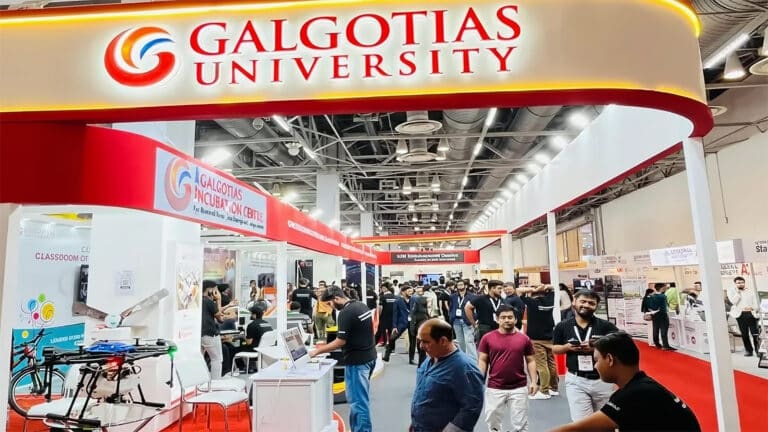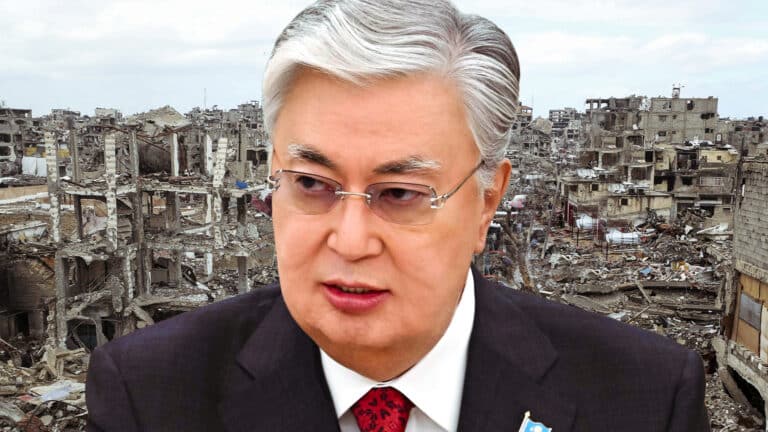
Chinese professionals’ interest in U.S. career opportunities has cooled amid President Donald Trump’s threats to revoke Chinese student visas, tighten H-1B visa rules, and impose sanctions on TikTok, according to Chinese business journalist Selina Cheng.
Reverse migration
At the same time, China’s long-term effort to attract skilled workers is gaining momentum, particularly as its technological and scientific competition with the U.S. intensifies. Reflecting this trend, a Stanford University study found that nearly 20,000 Chinese-born scientists who had built their careers in the U.S. left the country between 2010 and 2021, many of whom returned to China.
Notably, this movement is supported by Beijing’s rollout of lucrative relocation packages, while Chinese universities have offered researchers independent laboratories, funding, and institutional support. Tech firms, meanwhile, have given executives creative freedom to innovate, Cheng noted.
Personal stories
Personal stories help illustrate these broader shifts. Xu Chi, founder and CEO of XReal, a Shanghai-based augmented-reality glasses manufacturer, said that he returned to China because, while many breakthroughs in algorithms and software originate from the U.S., China is advancing faster in hardware and infrastructure. Over the past decade, few small or mid-sized American startups have succeeded in the hardware sector, but Chinese companies are pushing new generations of technology at a remarkable pace.
However, not all returnees left the U.S. by choice. Some were forced to go back after job losses or visa expirations. Others, like Ray Ma, head of software engineering at Hong Kong-based agentic AI firm Sleekflow, had different reasons. A U.S. citizen and former LinkedIn director, Ma said his move was about staying close to cutting-edge work in artificial intelligence.
No risk falling behind
Ma noted that the pace of change in Silicon Valley was rapid, saying that professionals either had to adapt or risk falling behind. He explained that if he had remained in the U.S., he likely would have needed to restart his career in a junior position to work directly in the field of artificial intelligence. At Sleekflow, he added, he gained hands-on management experience while continuing to focus on AI and contributing to other parts of the company’s operations.













